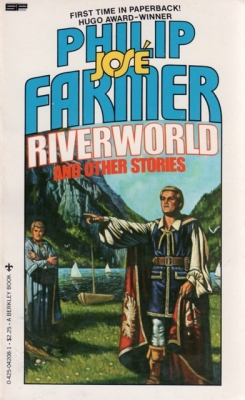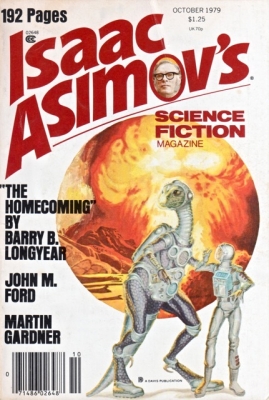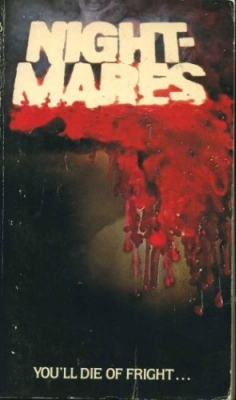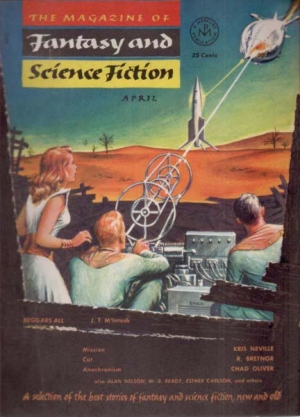The Golden Age of Science Fiction: Short Fiction of 1979
And finally, after looking at various award winners over the past year and articles about authors’ debuts and the novels published in 1979, it has come time to close out this series of articles with a look at some of the non-award winning short fiction published in 1979.
By 1979, Philip José Farmer had published the first three novels in his Riverworld series as well as a novelette set in the same world, entitled “Riverworld.” When he reprinted the novelette in 1979 in his collection Riverworld and Other Stories, Farmer expanded the story from 12,000 to 33,750 words, effectively publishing a new story in the popular series about humanity’s afterlife on an infinite river.
John M. Ford has made the news recently as the rights to reprint his all too few works, plus an unfinished novel, have been disentangled. In 1979 he published six stories in Isaac Asimov’s Science Fiction Magazine (his first sale was in 1976). These stories included “Mandalay,” which kicked off his Alternities, Inc. series of stories, as well as “The Adventure of the Solitary Engineer” and “The Sapphire as Big as the Marsport Hilton.”
Chelsea Quinn Yarbro introduced her vampire, the Count Saint-Germain, in 1978 in the novel Hotel Transylvania. In 1979, she published her first short story about him, “Seat Partner,” detailing his experiences on an airplane, a far cry from the historical settings of the novels he usually inhabits.



